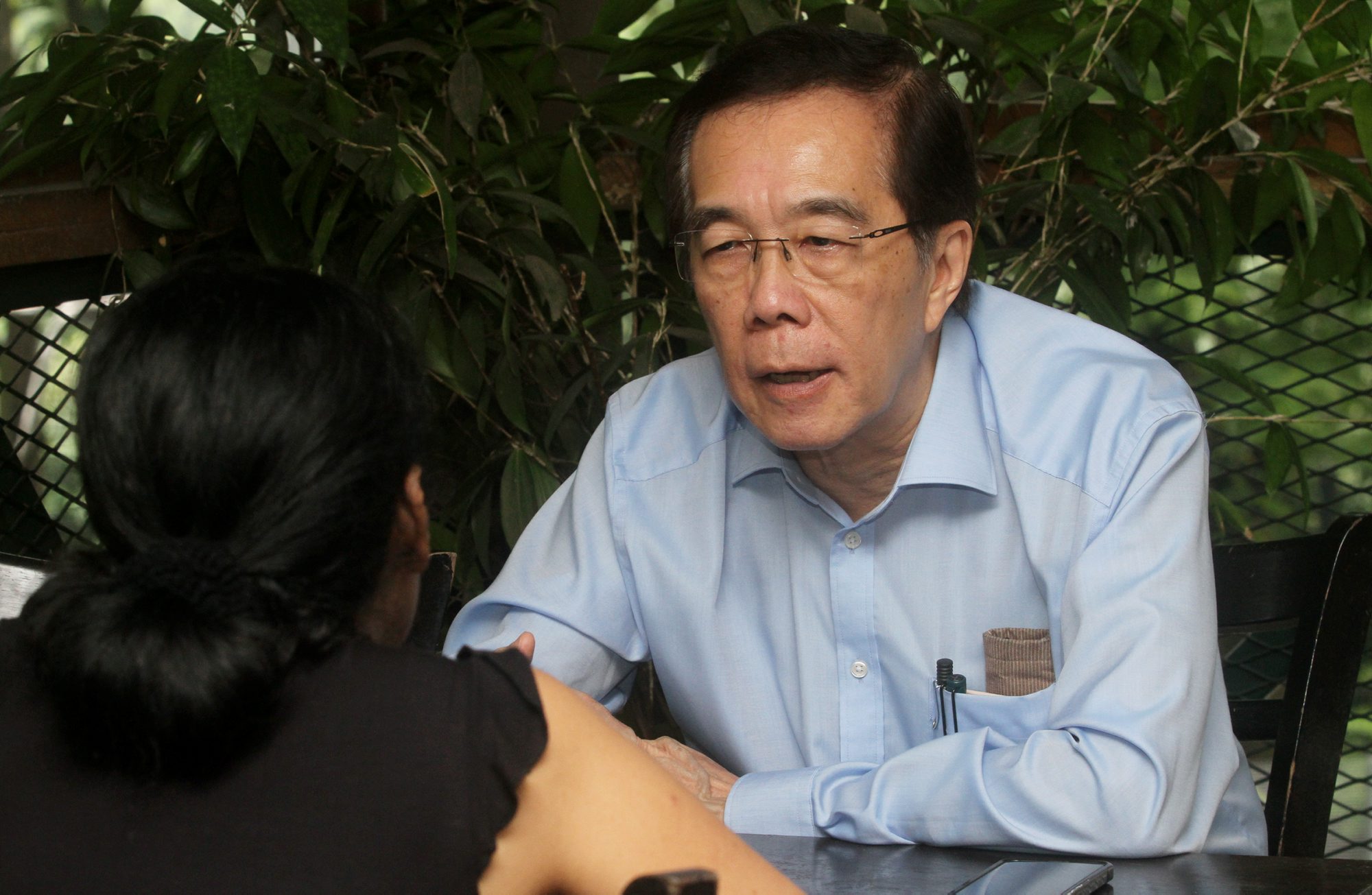KUALA LUMPUR, March 7 — Doctors have urged the Ministry of Health to resolve complaints by some patients alleging shoddy conditions and unfriendly doctors and nurses at government hospitals, with one even forced to stop cancer treatment.
Former Malaysian Medical Association (MMA) president Dr Milton Lum said the most important step for health care providers, like the management of health care facilities, doctors, and nurses, was to acknowledge patient concerns aside from medical treatment.
“The Health Ministry (MOH) and the directors of public hospitals need to address immediately the disturbing matters in the article, which are not in consonance with the Ministry’s vision and mission,” Dr Lum told CodeBlue, referring to CodeBlue’s story on what mattered to Malaysians most in health care.
“The steps to be taken may vary with different health care facilities. Some may require financial expenditure. However, most do not and only require time and effort to enhance the patient experience. There has to be commitment at all levels.
“All providers need to remember what motivated them to get into health care in the first place and that everyone, including health care providers, are potential patients,” he added.
CodeBlue ran a recent online survey asking Malaysians what was most important to them in health care, to which they listed shorter wait times at the hospital; as well as cheaper non-medical treatments, diagnostic tests, and premiums for private health insurance; and more caring doctors.
Excessive wait time was an overwhelming problem at public hospitals, while respondents complained about expensive rates at private hospitals.
Society for Cancer Advocacy and Awareness Kuching president Sew Boon Lui had also told CodeBlue that Sarawak General Hospital’s cancer unit was so overcrowded that patients were seen two at a time in one consultation room.
Another cancer patient complained about judgmental nurses and doctors who got annoyed with his questions at the National Cancer Institute, Putrajaya Hospital, and Hospital Kuala Lumpur. This same patient also claimed he was forced to stop taking an expensive targeted therapy drug after the government suspended his patient assistance scheme.
Dr Lum urged MOH to support the “What matters to you?” health campaign first started in Scotland and Norway, in which health care providers ask patients what matters to them, as opposed to imposing their personal views on what should be done on patients.
“For example, if a patient has got cancer, you can explain to the patient about cancer, how it spreads, what are the treatment options, and the patient says to you — ‘I don’t want any surgery or chemotherapy’. The provider has to respect that. Not many providers do.
“Of course you can encourage treatment. If the patient doesn’t want, you have to explain to the patient the risk of not having treatments. But the patient’s wish has to be respected,” he said.
The MOH, he said, could start the “What matters to you?” campaign at bigger hospitals or facilities with more patient complaints. Public hospitals with consistently high complaints can even be named and shamed.
“If I were running a hospital and my complaint rate was below that of the national norm, I would be very happy, beating my chest that I got so few complaints,” said Dr Lum, adding there was no oversight on the complaint mechanisms at MOH and university hospitals.
Use the GP system
Federation of Private Medical Associations Malaysia president Dr Steven Chow said various quick-fix measures have failed to solve the problem of long wait times at public facilities, such as increasing hours for government outpatient department (OPD) clinics to 10pm, using A&E (accident and emergency) as OPD clinics after office hours, posting more doctors to OPD clinics, setting up 1Malaysia clinics run by paramedics, sending medicines to patients by post, and encouraging self-diagnosis and self-medication.
He pointed out that in the past, private GPs could see up to 60 per cent of outpatients despite comprising only 40 per cent of outpatient health care providers.
“Instead of improving this performance, all these quick-fix measures have resulted in the opposite outcome.
“Patient GP load has fallen and many GP clinics are closing due to the cost of over-regulation, micromanagement and the boom of the middlemen business in healthcare,” Dr Chow told CodeBlue.
He said the private GP system was an efficient and cost-effective system that should be used to ease outpatient congestion at public facilities so that government hospitals can focus on secondary and tertiary care.
“Based on a previous study in 1986 by the Ministry of Health, the cost of per patient-doctor encounter in the private GP clinic (RM28 per patient) is way below that in the government clinic (RM56 per patient). We are certain a repeat study today will show the similar result,” said Dr Chow.
He also criticised MOH’s Peka B40 health screening programme for the bottom 40 per cent (B40), saying it was a waste to only use GPs to collect data but then send the patients to government clinics for treatment.
“For a meaningful private-public partnership in our primary healthcare delivery, the strength of our GP system should be nurtured and efficiently utilised to ease outpatient waiting time.
“The hundreds of millions used for the 1Malaysia clinics and the Peka B40 programme should instead be channelled to subsidise medical care for the needy at GP clinics nationwide,” said Dr Chow.
On reducing private hospital costs, he urged private hospitals to display not just their room rates, but also the estimated cost of all common medical and surgical procedures and investigations, like what is done in neighbouring countries.
“Regulating private hospital charges is unlikely to happen as the regulator, the government itself, is in the business of healthcare via its extensive network of (government-linked company) GLC-owned hospitals.”








